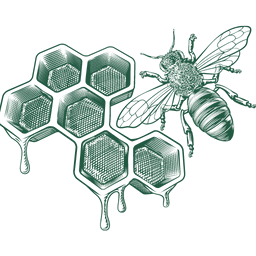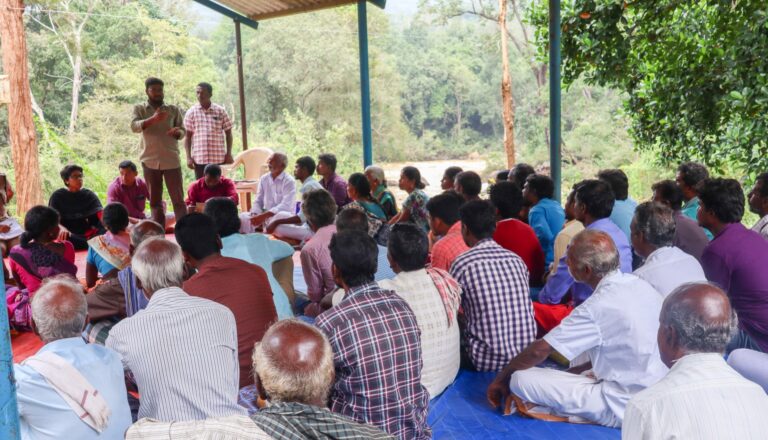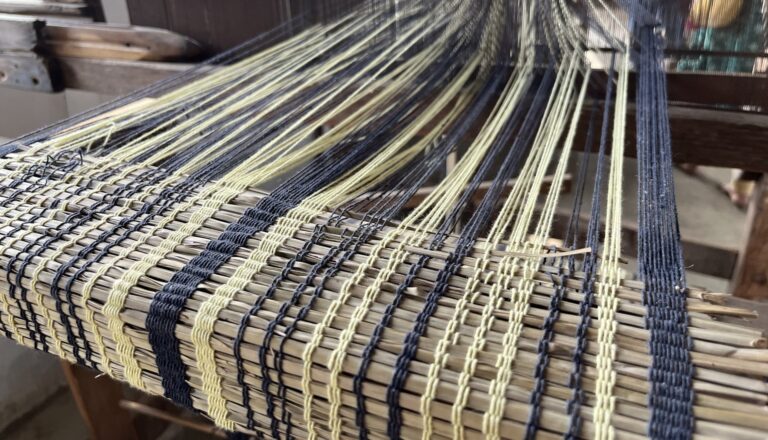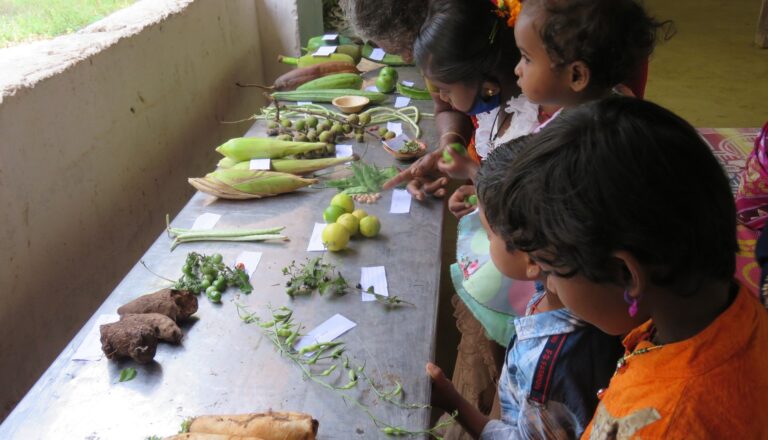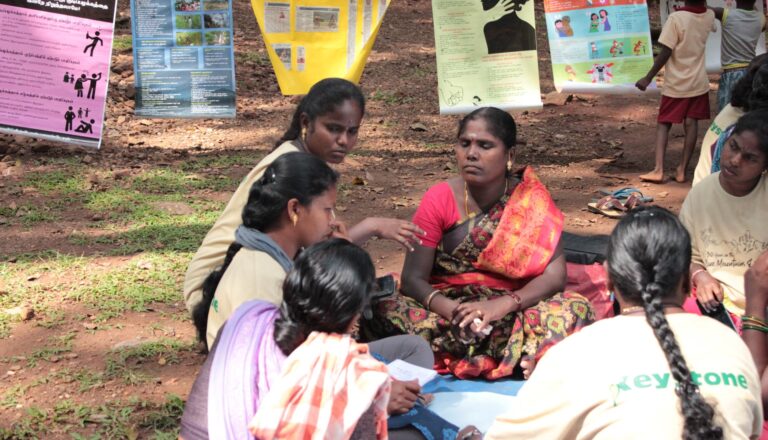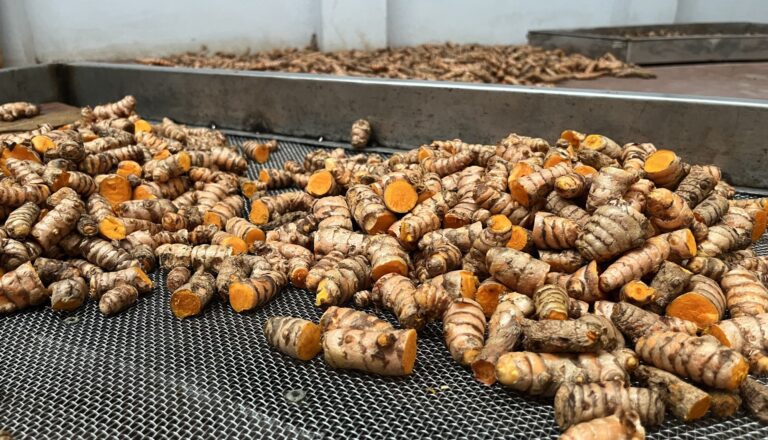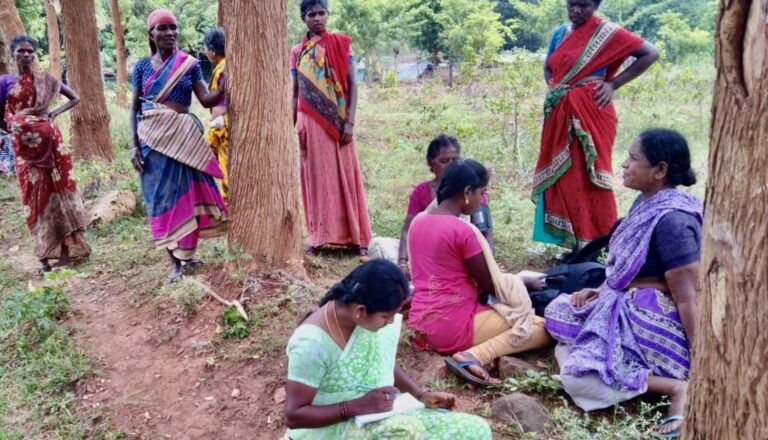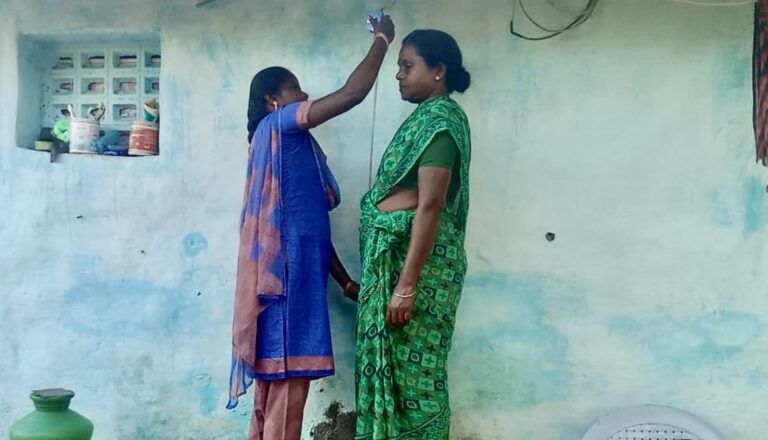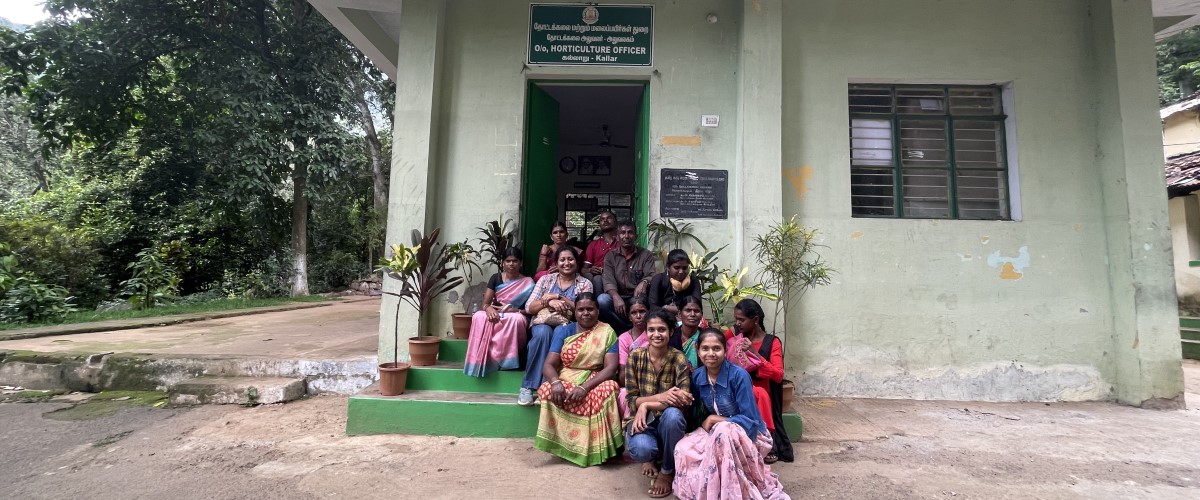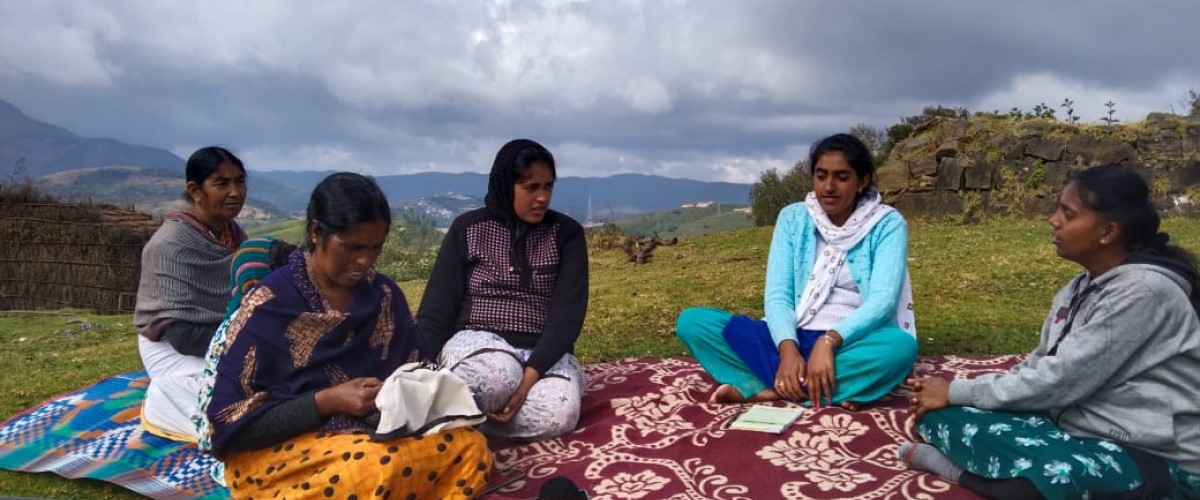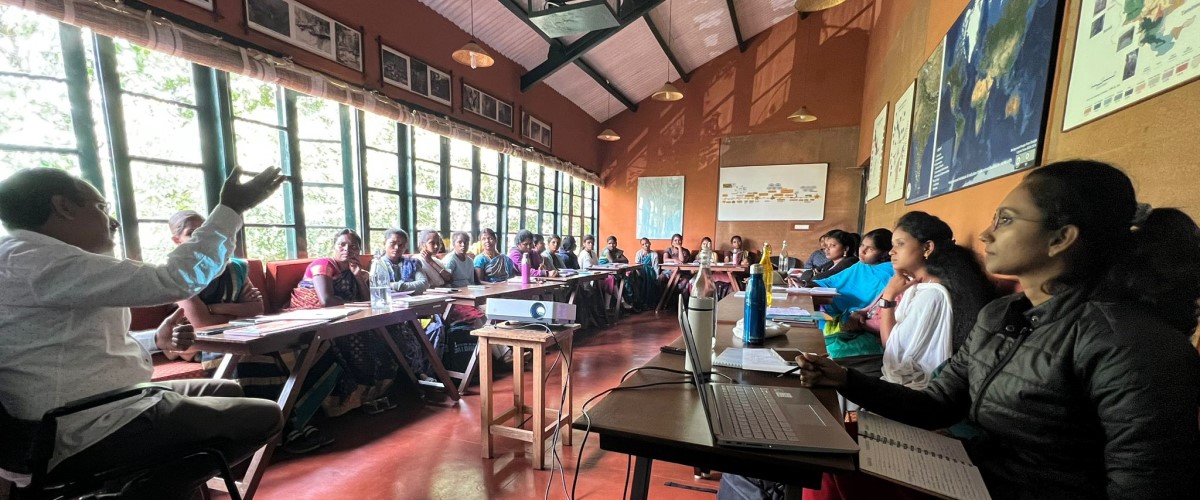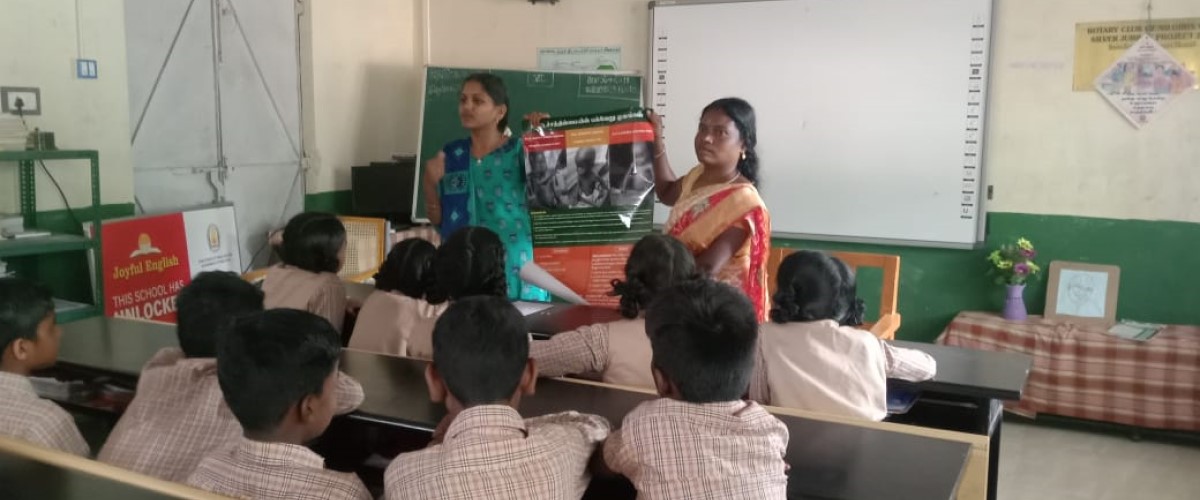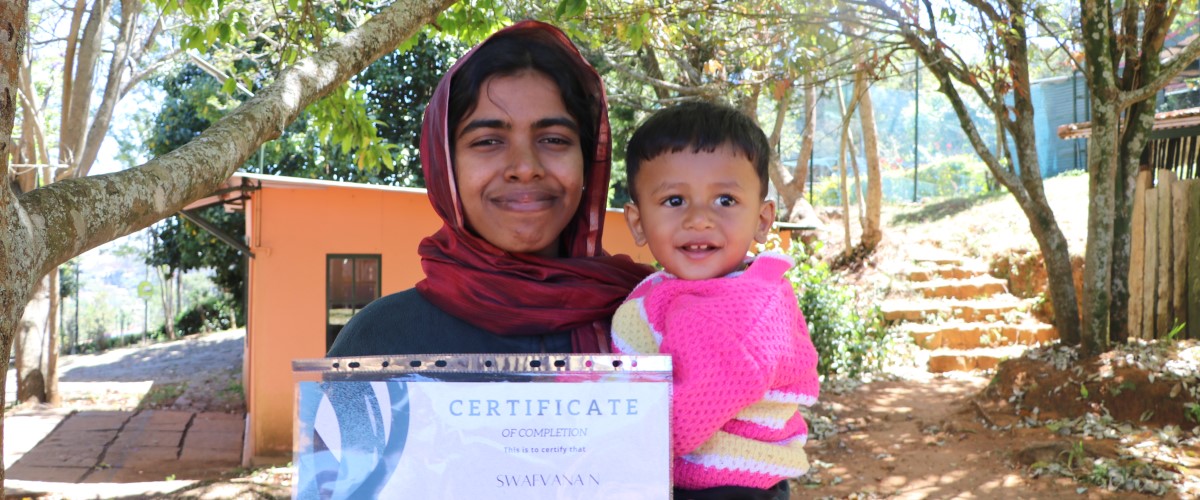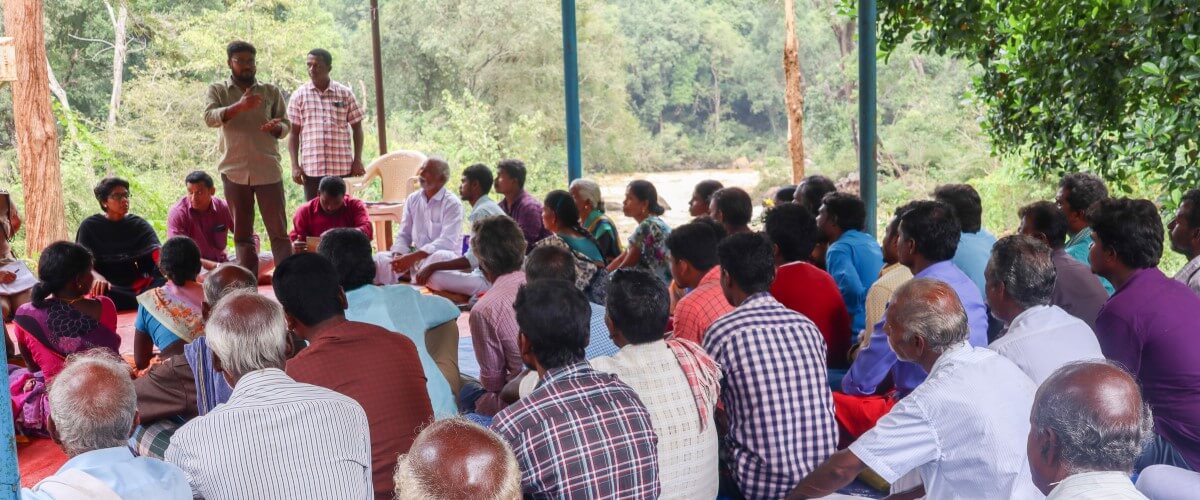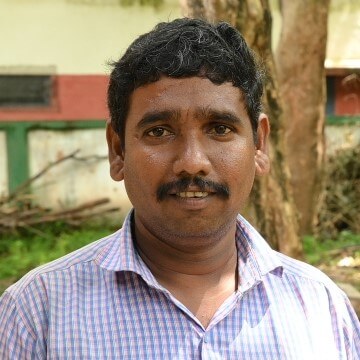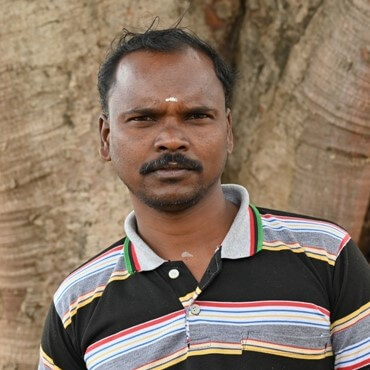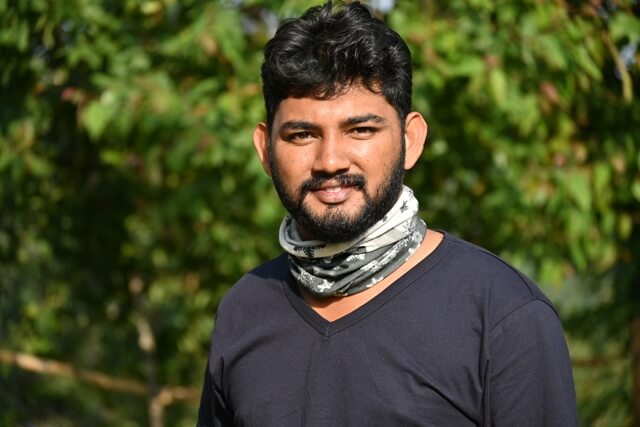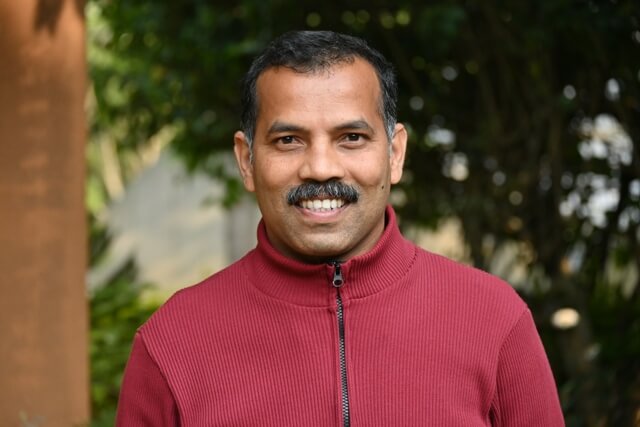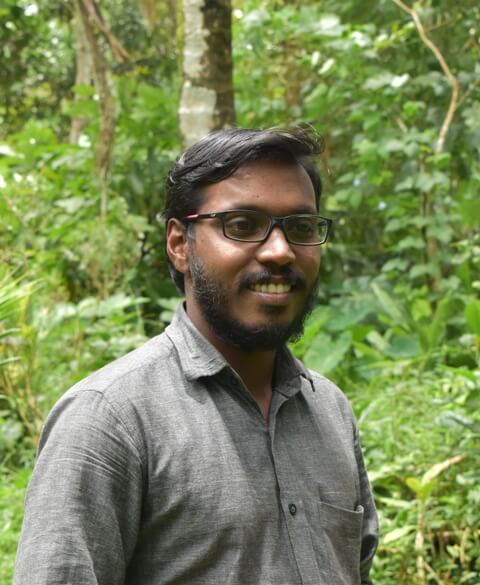Pillur is largely occupied by the Irula community. A highly eco-sensitive and remote region, Pillur was hit hard by the COVID-19 pandemic. Our field centre devoted itself to enabling community livelihoods to recover, working with local farmers to improve access to agricultural supplies and provide financial support. We observed that during this time, communities began to rely heavily on the government’s Public Distribution System (PDS) for food security, which provided mainstream commercial foods like white rice, rather than the local and far more nutritious millets. The involvement of our field centre helped them wean off PDS, and rebuild sustainable traditional agricultural options.
In the last two years, 183 farmers have been granted traditional seeds and saplings along with irrigation support, impacting the agricultural viability of approximately 200 acres of land. The Using Diversity (UD) network has supported the establishment of seed banks and monitoring agricultural scope.





